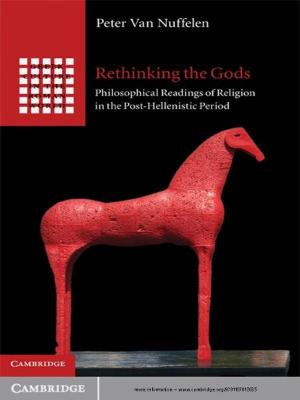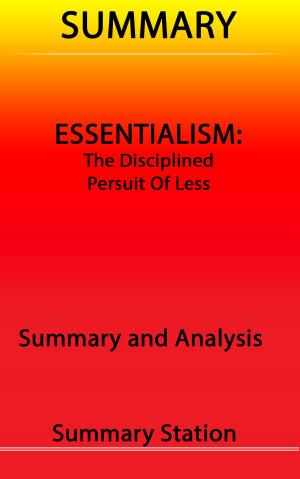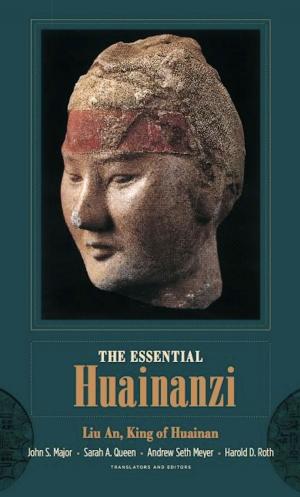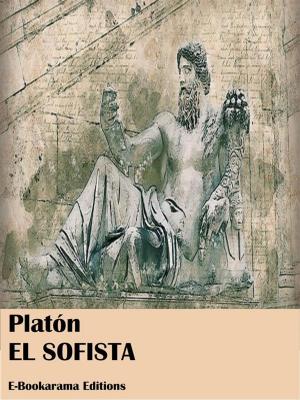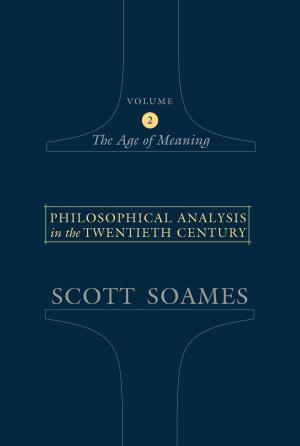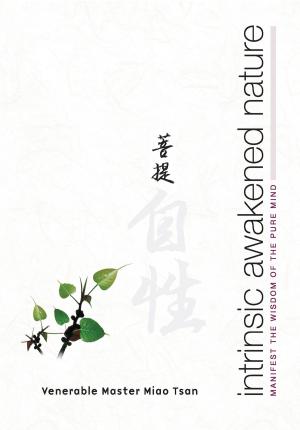The Social Impact of Hindu Scriptures - Directions for the future
Nonfiction, Religion & Spirituality, Eastern Religions, Hinduism, Philosophy| Author: | Krishna D Bhat | ISBN: | 9781632271495 |
| Publisher: | CinnamonTeal Design and Publishing | Publication: | January 10, 2017 |
| Imprint: | Uma Publishing | Language: | English |
| Author: | Krishna D Bhat |
| ISBN: | 9781632271495 |
| Publisher: | CinnamonTeal Design and Publishing |
| Publication: | January 10, 2017 |
| Imprint: | Uma Publishing |
| Language: | English |
Dr. Krishna D. Bhat is from a small village in Karnataka, where he grew up in a Brahmin family with a very strict grandmother who punished him for touching and playing with his untouchable classmates. He saw women in his family with their heads shaven and socially isolated and he questioned why.
As he grew older, he questioned other religious practices like animal sacrifices, the desire to die in Kashi to attain salvation, sip Panchagavya (Gomutra + Curd) for purification, and have a holy dip in the Ganga for moksha, the refusal to allow persons of a lower caste entrance to temples, the purpose of Yajna, Gayatri Japa and an ascetic life. When he asked the rationale for all these practices, the priests told him it was all stipulated in the vedas and shastras.
When he fell sick, he was treated with Mantra Blessed Ash (Bhasama), or teertha, and occasionally visited an Ayurvedic doctor. After he graduated from medical school in 1974, he practiced as a family physician in his village, where he attended to infants afflicted with polio, diphtheria and rabies, and implemented a vaccination program. He has been practicing medicine in the USA for 34 years, and every time he visits India, he still sees people drinking cow urine, taking mud baths, drinking ghee for asthma, and sipping teertha for ailments. Does Ayurveda have a role in modern. evidence-based, medicine, he wonders.
These burning questions have remained with him. In this book he searches for a basis for these beliefs. He even discusses Hindu scripture, and offers suggestions on what to retain and what to eliminate. Hindu scriptures are still very much a part of Indian life, but the author feels that one needs to reassess how they can be applied in our daily life.
Let's keep the good and do away with the bad!
Dr. Krishna D. Bhat is from a small village in Karnataka, where he grew up in a Brahmin family with a very strict grandmother who punished him for touching and playing with his untouchable classmates. He saw women in his family with their heads shaven and socially isolated and he questioned why.
As he grew older, he questioned other religious practices like animal sacrifices, the desire to die in Kashi to attain salvation, sip Panchagavya (Gomutra + Curd) for purification, and have a holy dip in the Ganga for moksha, the refusal to allow persons of a lower caste entrance to temples, the purpose of Yajna, Gayatri Japa and an ascetic life. When he asked the rationale for all these practices, the priests told him it was all stipulated in the vedas and shastras.
When he fell sick, he was treated with Mantra Blessed Ash (Bhasama), or teertha, and occasionally visited an Ayurvedic doctor. After he graduated from medical school in 1974, he practiced as a family physician in his village, where he attended to infants afflicted with polio, diphtheria and rabies, and implemented a vaccination program. He has been practicing medicine in the USA for 34 years, and every time he visits India, he still sees people drinking cow urine, taking mud baths, drinking ghee for asthma, and sipping teertha for ailments. Does Ayurveda have a role in modern. evidence-based, medicine, he wonders.
These burning questions have remained with him. In this book he searches for a basis for these beliefs. He even discusses Hindu scripture, and offers suggestions on what to retain and what to eliminate. Hindu scriptures are still very much a part of Indian life, but the author feels that one needs to reassess how they can be applied in our daily life.
Let's keep the good and do away with the bad!

